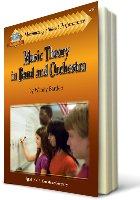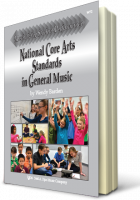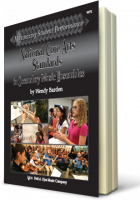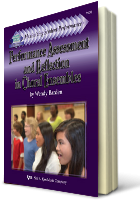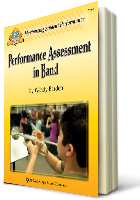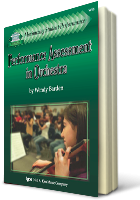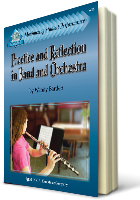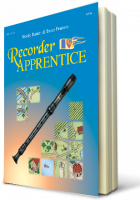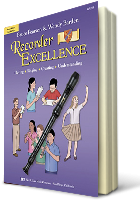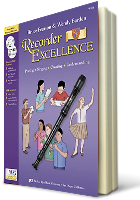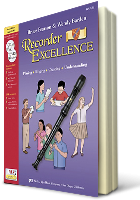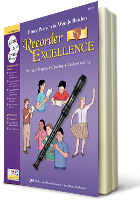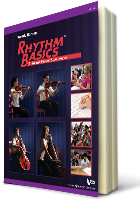Teacher-student connections make a difference
My parents were both educators. Mom taught third grade and Dad taught music—high school band and choir, and eventually beginning band and orchestra. Mom and Dad both retired in 1992, and in my opinion, both were great teachers (and the best parents a kid could ask for!). Dad passed away in 1997.
Fast forward. Mom is 80 years old now. She lives in a senior community that’s located within the city where Dad taught, and the children of several residents in this senior community attended “his” schools. Last week, Mom met Mary, the daughter of one of the couples living in the senior community. As they talked Mary said she hadn’t been in band or choir, but she knew of “Mr. A.”
The next morning, Mom had a knock on her apartment door. There was Mary with 20 greetings she had collected overnight from some of Dad’s former students.
From MEM: “I wasn’t in band but he was the musical director when I had the lead in Music Man (1969) – what an honor to work with and to know this kind, patient and talented man.”
From JCS: “An amazing teacher. A major reason I survived high school.”
From PKEW: “He just made you love music.”
From CR: “I remember watching him drop candy bars into instrument cases while the band played at hockey games.”
From JD: “I remember (5th grade) my Mom coming to school so Mr. A. could counsel me into a clarinet. Something about overbites being good for clarinetsJ Playing big band music in summer school band was a wonderful memory!”
From PAS: “Mr. A. was a great teacher. I have many fond memories of band and our concerts.”
From SSY: “The band and choir trips were a highlight of my high school years – Mankato, Winnipeg, Milwaukee, and Thunder Bay! Seems like small potatoes now when so many high school bands go to Italy! But we had fun and have great memories! Class of ’73.”
From LD: “Mr. A. was by far the most influential teacher I had. He made us all feel special and encouraged us all to be the best we could be.”
Mom and I were amazed by their quick responses, yet not surprised. On other occasions we’ve heard from former students and colleagues about what a positive affect Dad had on their lives. They tend to bring up his human side rather than the music they made together, just like the messages Mary received. His ensembles weren’t known as the best in the region, but they performed well. Dad had a way of helping all students perform at their highest level, and making the most of whatever that was. He didn’t accept anything but your best!
Granted, Dad retired before all the testing, standards, and other initiatives that now frame our work. But it also seems as though he was able to balance the day-to-day focus on performance with the bigger picture of making sure his students knew that he cared about them as individuals, too.
Yes, and… More than anecdotal, across various subjects and from very different perspectives, research confirms that teacher-student connections matter. John Hattie’s landmark work to identify the most effective strategies for increasing student achievement places developing strong teacher-student relationships high on the continuum.
Eric Jensen writes, “The relationships that teachers build with students form the single strongest access to student goals, socialization, motivation, and academic performance. For your school to foster high achievement, every student will need a reliable partner or mentor.”
And, a caveat from Bonnie Davis, “We must [also] teach students content in lessons filled with rigor that prepare them for college and career. It is not enough for students to like us; they must learn from us.”
The messages Mary collected this week were a very real reminder to me that teacher-student connections matter in achievement… and in life. What we do makes a difference.
Thanks for pausing with me for a few minutes in your busy week. Have a good one!
____________________
Barden, Wendy. Connecting Students and Teachers to Create an Ensemble. San Diego: Kjos Music Press (2011).
Davis, Bonnie. How to Teach Students Who Don’t Look Like You. Newbury Park: Corwin (2012)
Hattie, John. Visible Learning: A Synthesis of Over 800 Meta-Analyses Relating to Achievement. New York: Routledge (2009).
Jensen, Eric. Teaching with Poverty in Mind: What Being Poor Does to Kids’ Brains and What Schools Can Do About It. Alexandria: ASCD (2009).




